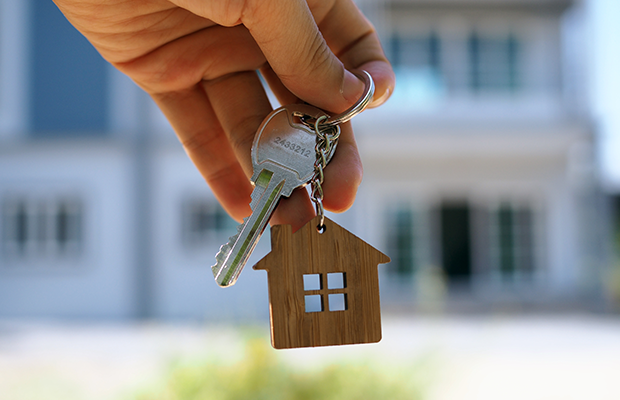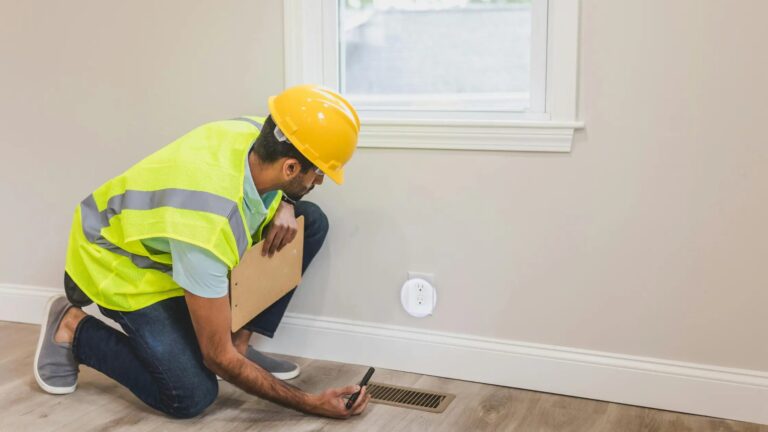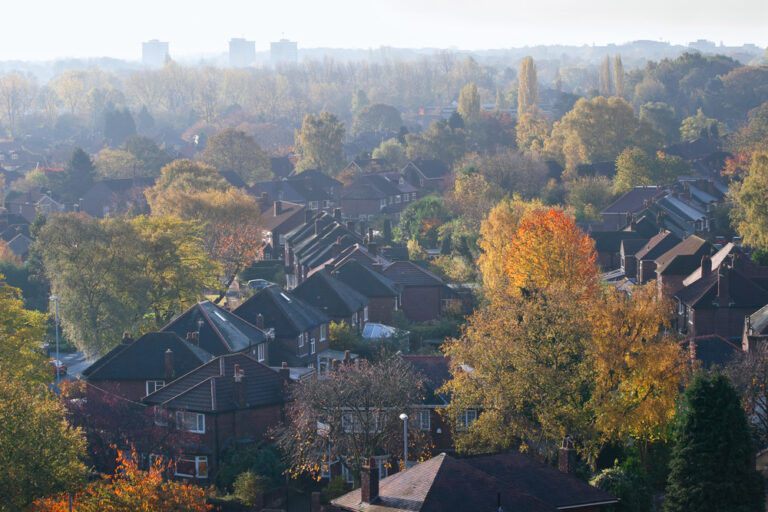If you’re one of the many looking to become a landlord or expand your lettings portfolio this year, then this is the article for you.
Parkers has been part of the UK property scene for more than 70 years and we pride ourselves on our letting’s services.
So, we have created a guide to help you become a landlord.
How much can I rent my house out for?
First and foremost, learn about your market and how much similar homes in your region are letting for so you can set your rent appropriately. Consider your target demographic and who your property might appeal to: young families, students, single professionals and so on. If you’re looking for help and advice with this, contact our expert agents who have great knowledge on the local area and will be happy to help.
Determine if the property will be rented furnished or unfurnished. Most prospective tenants prefer a property with a blank canvas, but students are unlikely to be able to afford to furnish a property.
Responsibilities
Being a landlord is no walk in the park. There are around 145 articles and regulations that you need to follow when letting a property. You are required by law to ensure that your property is fit for living in, and you need to ensure the safety and wellbeing of your tenants.
Here are a few things you should think about surrounding your responsibilities as a landlord:
- Electrical Safety – according to the 18th
edition of wiring regulations, all fixed electrical wires and equipment must be inspected and tested by a trained and qualified person.
Appliances that are directly connected to the electrical supply need to be inspected to abide by electrical safety rules. An electrical safety report will be provided by the qualified individual after they have completed their tests.
- – Smoke Alarms and Carbon Monoxide Alarms – As a landlord, you need to ensure all your properties follow The Smoke and Carbon Monoxide Alarm Regulations (2015). Every floor of the home where a room is utilised or partly used as residential accommodation must have at least one smoke alarm, according to the legislation.
Carbon Monoxide detectors must be fitted in any room with a solid fuel-burning appliance, such as a wood stove, coal fireplace, or biomass stove.
On the first day of a new rental, you or your letting agent must confirm that all alarms are in working condition.
- Gas Safety Checks – A Gas Safe registered engineer must conduct an annual safety inspection on all gas appliances and flues. You can schedule a gas safety inspection two months before your present certificate expires whilst keeping the current expiration date.
This will help you in scheduling a suitable time with your tenant to conduct the inspection and comply with the law.
If the renter has their own gas appliances, you are still liable for the pipework, but not the appliance or any flues that are only connected to tenant-owned equipment.
Tenancy Agreements and Deposits
In Scotland, it is a legal necessity to provide a written tenancy agreement; in the rest of the UK, it is considered best practice. The agreement spells out everyone’s responsibilities, but keep in mind that just because something is written down and signed, does not mean it is enforceable. When a tenancy agreement is agreed, tenants must also receive a copy of How to rent: the checklist for renting in England.
You must secure your tenant’s deposit in a government-approved tenancy deposit protection scheme if you accept one.
Insurance
You must notify your current buildings and contents insurer of your desire to rent out the property; otherwise, your coverage could be at risk. Landlords can buy specialised insurance to protect themselves against losses. Look around for insurance companies to get the best offer. Whilst insurance may seem expensive, the savings and compensation it provides in the long run are priceless.
For more landlord advice, contact our expert local agents.







